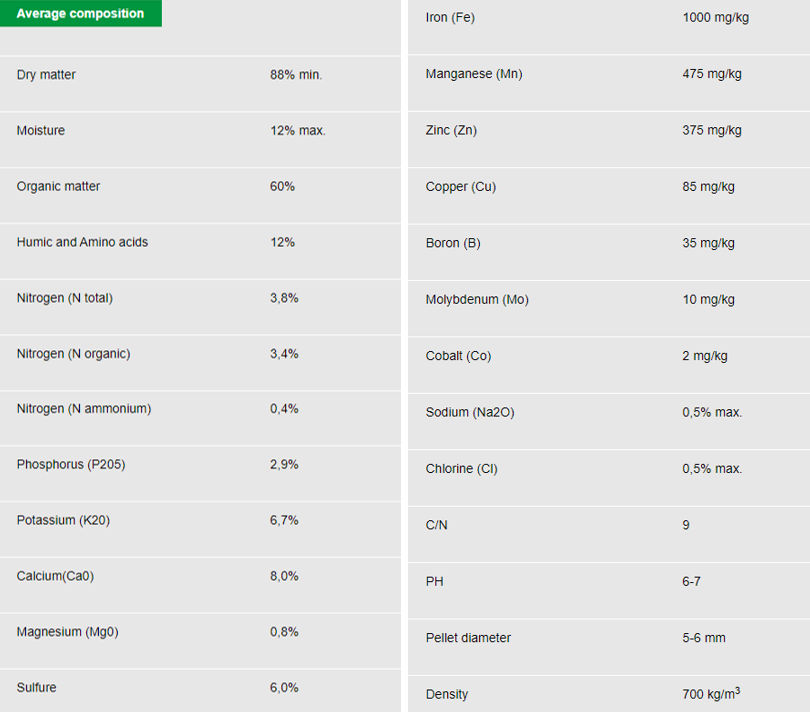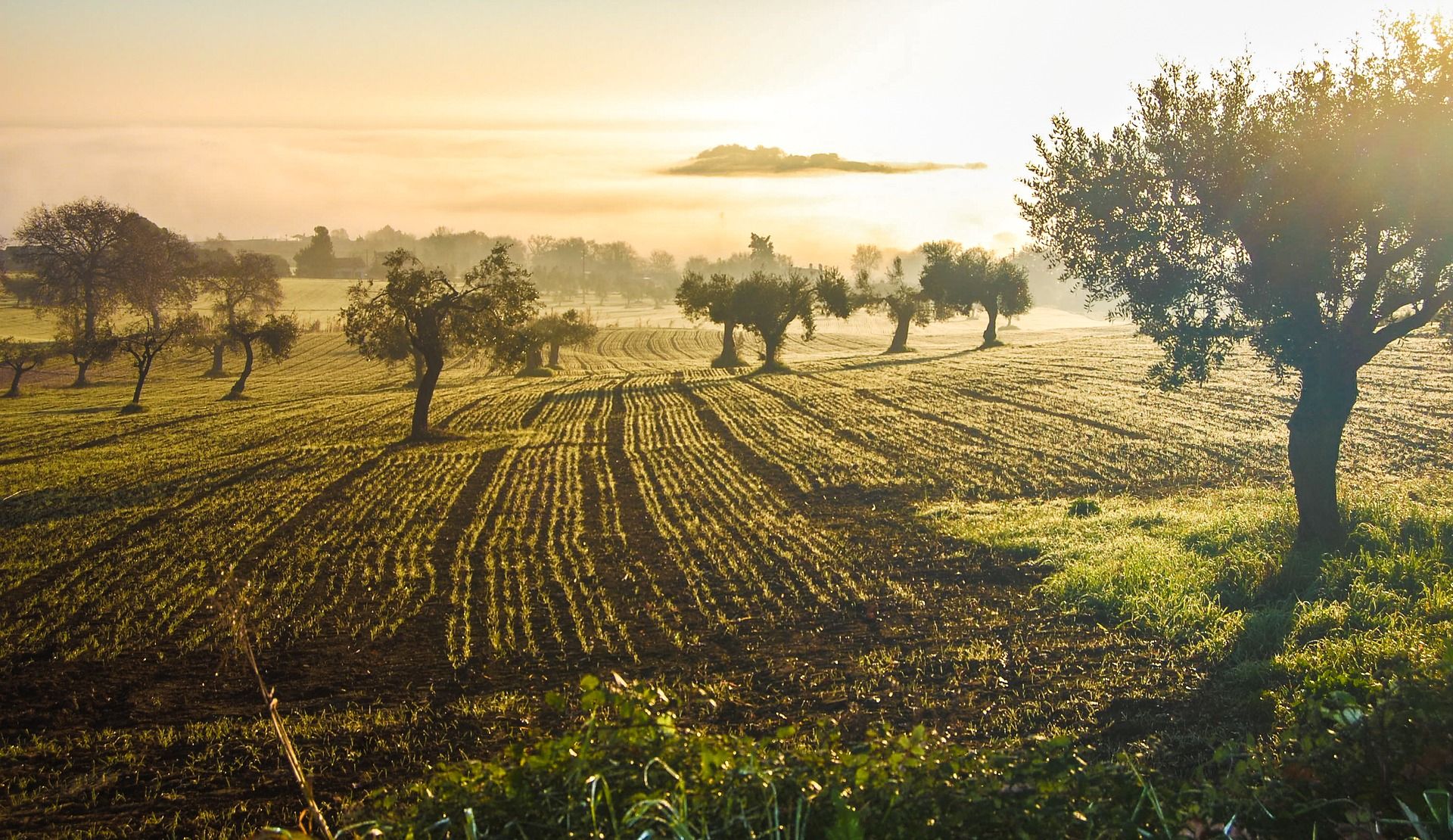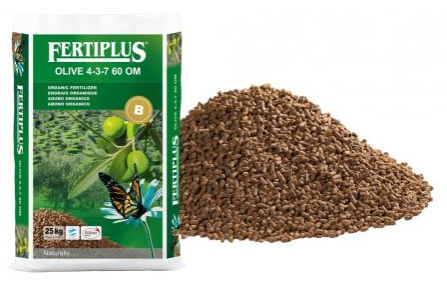As in all crops olives require macro- and micronutrients. With NPK being the most used elements by the plant but also removed in the highest amount from the land through the (pruned) fruits. Nutrient deficiencies limit plant production but over-fertilization also has negative effects on plant performance, yield and quality. Potassium is very important in olive orchards, K concentrations in the olive fruits are high and thus much K is removed after harvest. K is the nutrient the most taken up by olive trees. K deficiencies are common in rain fed olive orchards limiting flowering and fruit set and eventually yield.
Benefits
- Improved soil characteristics through organic matter and humic substances
- Improved fruit set and quality of the fruits
- Enhanced plant viability
Since many olive orchards are planted on soils with low water holding capacity the addition of soil organic matter might be very beneficial for soil management and yield. This can increase the cation-exchange capacity and hydraulic conductivity resulting in a higher water retention and nutrient availability in the soil. Due to the large amount of humic substances in this fertilizer also soil aggregate stability increases benefitting soil characteristics for a longer period.
Boron performs an important function in the cell walls of plants. Olive is considered to be a plant with high B requirements and sensitivity to B deficiency. In some cultivars B deficiency even causes death of growing points. B is poorly mobile within the plant. For these reasons it is important to provide the plant with adequate levels of boron. An application of once a year is adequate for the B demand.

Niet gevonden waar je naar opzoek bent?
- Nederlands
- English
- Deutsch
- Francais

